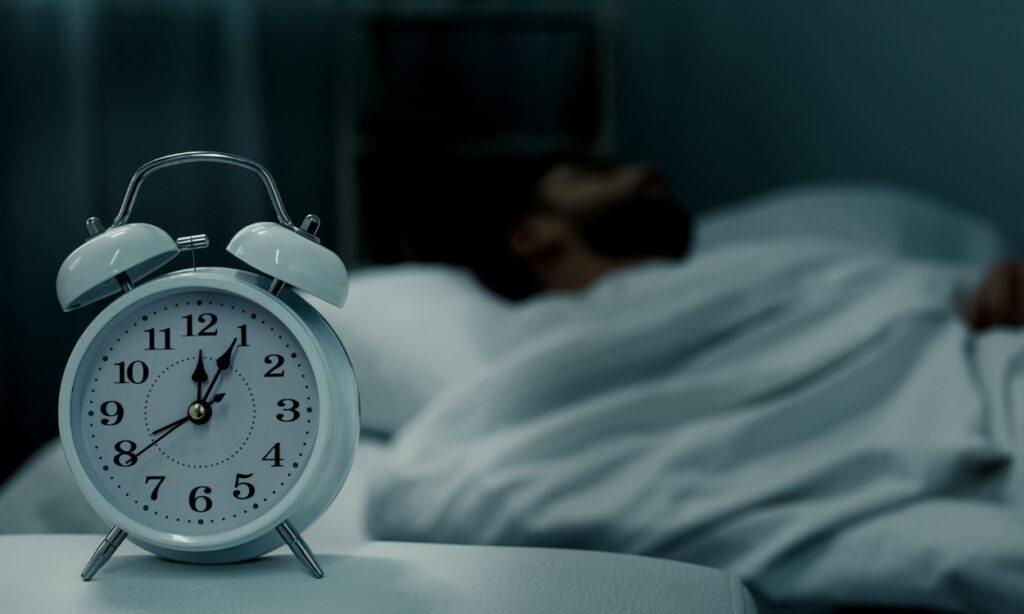In our fast-paced lives, where the demands of work, social obligations, and daily stresses seem never-ending, one often overlooked aspect of our well-being is the quality of our sleep. Sleep plays a crucial role in maintaining overall health, both physically and mentally. Let’s explore the benefits of quality sleep and discover some tips for achieving a rejuvenating night’s rest.
The Importance of Quality Sleep
Quality sleep is essential for various aspects of our health, including:
Physical Restoration:
During sleep, the body undergoes repair and regeneration, promoting muscle growth and tissue repair. It is extremely Anti-Inflammatory and provides healing to your entire self.
Cognitive Function:
Adequate sleep is vital for cognitive functions such as memory consolidation, problem-solving, and decision-making.
Emotional Well-being:
Sleep is closely linked to emotional regulation and mental health. Lack of sleep can contribute to mood swings and heightened stress levels.
Tips for a Good Night’s Rest
Now, let’s delve into practical tips that can help you improve your sleep hygiene:
Establish a Consistent Sleep Schedule:

Go to bed and wake up at the same time every day, even on weekends. This helps regulate your body’s internal clock.
Create a Relaxing Bedtime Routine:
Develop pre-sleep rituals, such as reading a book, taking a warm bath, or practicing relaxation exercises, to signal to your body that it’s time to wind down. Good time to connect with self by meditation and with your loved one, your spouse, kids ,Parents and anyone else. Have intimate conversations, play games with grandchildren, and read. Warm Epsom salt tub bath for 30 minutes right before sleep will relax and detox your body to deep sleep.One hour before sleep digital Detox makes it a must.
Optimize Your Sleep Environment:
Make your bedroom conducive to sleep by keeping it cool, dark, and quiet. Invest in a comfortable mattress and pillows. Invest in good room darkening blinds and keep the temp around 67F for good sleep.
Limit Exposure to Screens Before Bed:
The blue light emitted by electronic devices can interfere with the production of the sleep hormone melatonin. Aim to turn off screens at least an hour before bedtime. Make this a must and you will see a tremendous benefit.
Watch Your Diet:
Avoid heavy meals, caffeine, and nicotine close to bedtime. These can disrupt sleep and make it harder to fall asleep. Four hours before sleep stop snacking or eating so your stomach is empty and your body now can start detoxing. This will help you wake up with great restorative energy.
Stay Active During the Day:

Regular physical activity can promote better sleep. However, try to finish intense workouts at least a few hours before bedtime.
Manage Stress:
Practice stress-reduction techniques such as meditation, deep breathing, or yoga to calm your mind before bedtime.
Conclusion
In a world that often prioritizes productivity over rest, it’s crucial to recognize the profound impact that quality sleep has on our health. By incorporating these tips into your routine and understanding the importance of consistent, restful sleep, you’re not just improving your nights but investing in a healthier, more vibrant life. Sweet dreams and good health await those who prioritize the power of sleep.
Frequently Asked Questions (FAQ)
How many hours of sleep do adults need?
Most adults need 7-9 hours of sleep per night for optimal health and well-being.
Can naps replace a good night’s sleep?
While short naps can be beneficial, they can’t fully replace the benefits of a full night’s sleep.
Why do I wake up tired even after a full night’s sleep?
Quality of sleep matters as much as quantity. Factors like sleep disorders or poor sleep hygiene can impact how rested you feel. Going to bed with a full stomach will make you wake up tired. So 4 hours before sleep stop eating.
Is it okay to exercise close to bedtime?
Moderate exercise earlier in the day is generally fine, but intense workouts right before bed may interfere with sleep.
How does caffeine affect sleep?

Caffeine is a stimulant that can interfere with the ability to fall asleep. It’s advisable to limit caffeine intake in the hours leading up to bedtime.
Can a consistent sleep schedule improve sleep quality?
Yes, going to bed and waking up at the same time every day helps regulate your body’s internal clock, improving sleep quality over time.
What role does stress play in sleep quality?
Stress and anxiety can negatively impact sleep. Managing stress through relaxation techniques can contribute to better sleep.
How does alcohol affect sleep?
While alcohol might initially make you feel drowsy, it can disrupt the later stages of sleep, leading to a less restful night.
Is it normal to dream every night?
Yes, dreaming is a normal part of the sleep cycle. Most people experience multiple dreams each night, even if they don’t always remember them.
Can poor sleep impact mental health?
Yes, chronic sleep deprivation is linked to an increased risk of mental health issues such as depression and anxiety.

